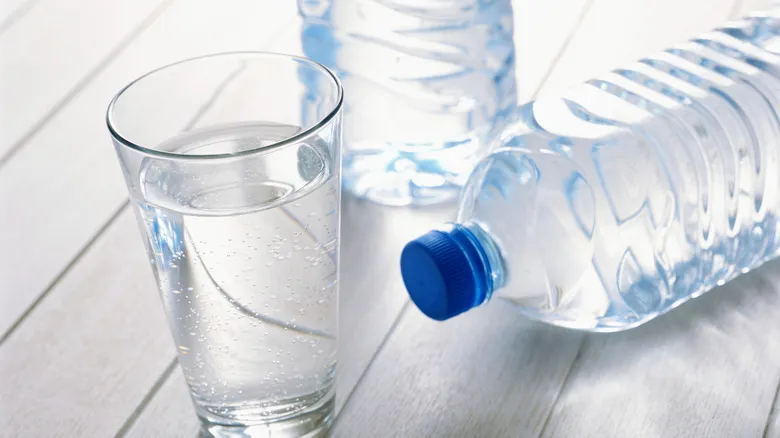What's in your water?
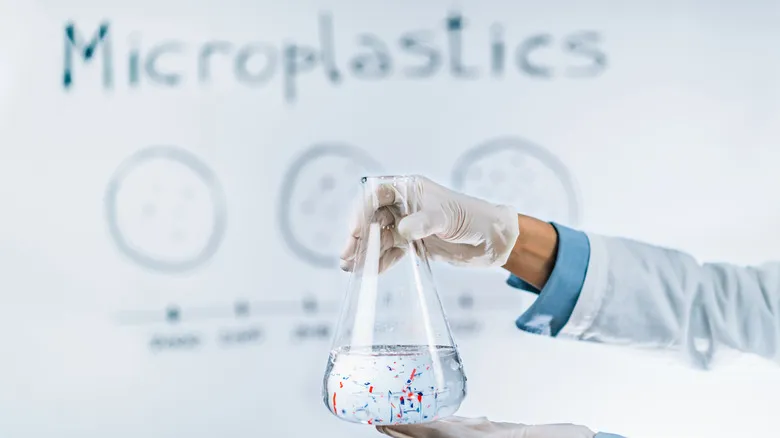
It's important to recognize that bottled water producers frequently add substances to enhance the flavor of their products. For instance, LIFEWTR, which we identified as the top-rated bottled water in terms of taste, is derived from municipal tap water that undergoes purification, followed by the addition of electrolytes like magnesium sulfate and potassium bicarbonate to enhance its flavor. Therefore, your bottled water may not always be entirely pure and untainted.
Many individuals are worried about contaminants such as lead in their tap water, which can drive them to opt for bottled alternatives. Another significant concern is microplastics—tiny plastic particles present in much of our food and water, originating from various sources including cookware and clothing. According to the nonprofit organization Food & Water Watch, these microplastics can harbor harmful chemicals like phthalates, Bisphenol A (BPA), and flame retardants, which are associated with serious health issues such as cancer, liver damage, reproductive problems, and allergies. While tap water is likely to contain some level of toxic substances and microplastics, one study indicated that tap water samples showed contamination rates ranging from 24% to 100%, whereas bottled water was found to have contaminants in 92% to 100% of cases.
Moreover, tap water does have trace amounts of per- and polyfluoroalkyl substances (PFAS), known as "forever chemicals," which are hazardous compounds found in our drinking water, food, and household products. However, a study conducted by Johns Hopkins University revealed that 39 out of 101 bottled water samples tested positive for PFAS.
Which is better, tap or bottled water?
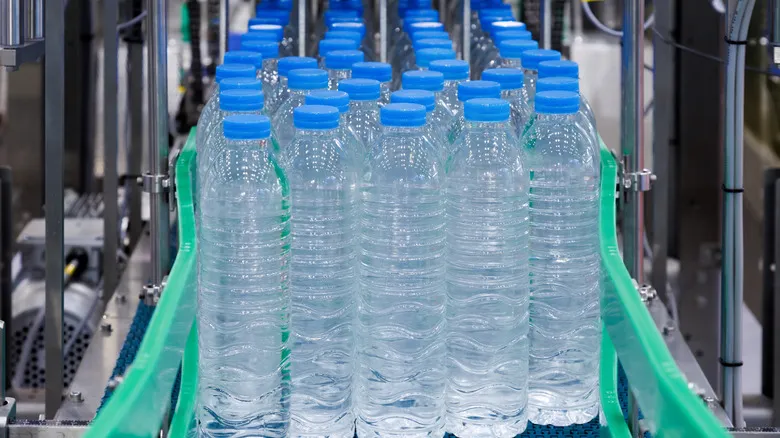
Many individuals opt for bottled water because they believe it tastes better; however, blind taste tests reveal that most people struggle to distinguish between the two. When it comes to avoiding contaminants and saving money, the Environmental Working Group (EWG), a nonprofit organization focused on health and environmental research, advises drinking filtered tap water from a reusable, BPA-free glass or stainless-steel bottle.
Nonetheless, some people still prefer bottled water for its convenience. In certain regions, where plumbing may be outdated and contaminated, or when you're on the move, tap water might not be sufficient or even available. In such situations, it's useful to know that the three brands recognized by EWG for their transparency are Gerber Pure Purified Water, Penta Ultra-Purified Water, and Nestle Pure Life Purified Water, which ranked eighth on Chowhound's list of popular bottled water brands.
In summary, filtered tap water in a reusable bottle is likely the best and most economical choice for accessible clean drinking water, but bottled water from a reputable brand can be a suitable alternative in a pinch.
Recommended
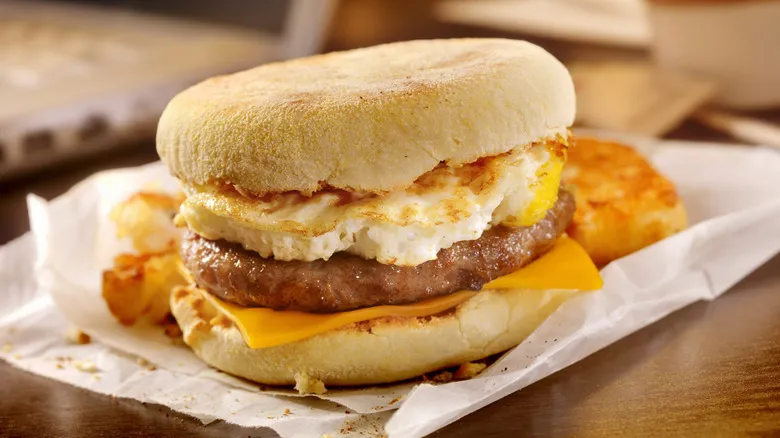
Don't Expect Real Whole Eggs At These Popular Coffee Chains
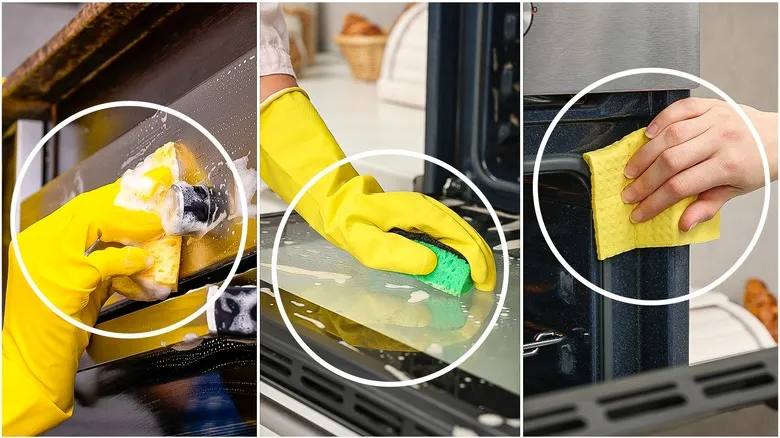
8 Spots In Your Oven You're Forgetting To Clean
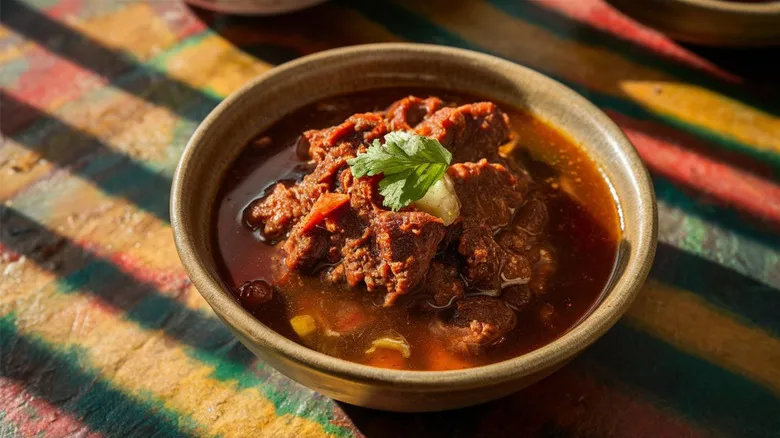
What Types Of Peppers Usually Go Into Traditional Birria?
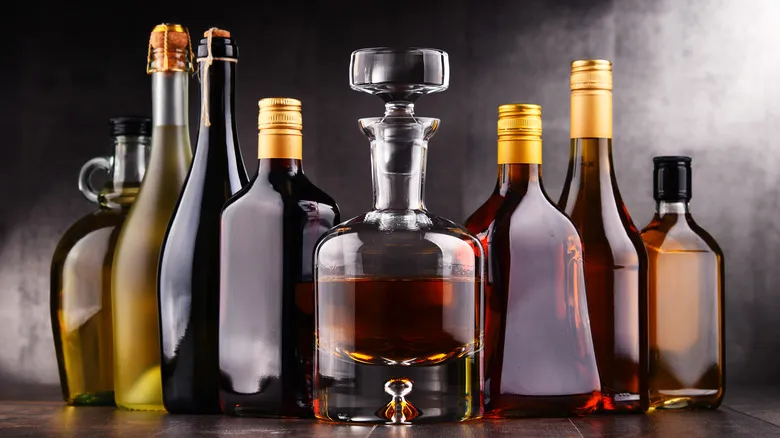
12 Crucial Storage Tips For Your Good Whiskey
Next up

